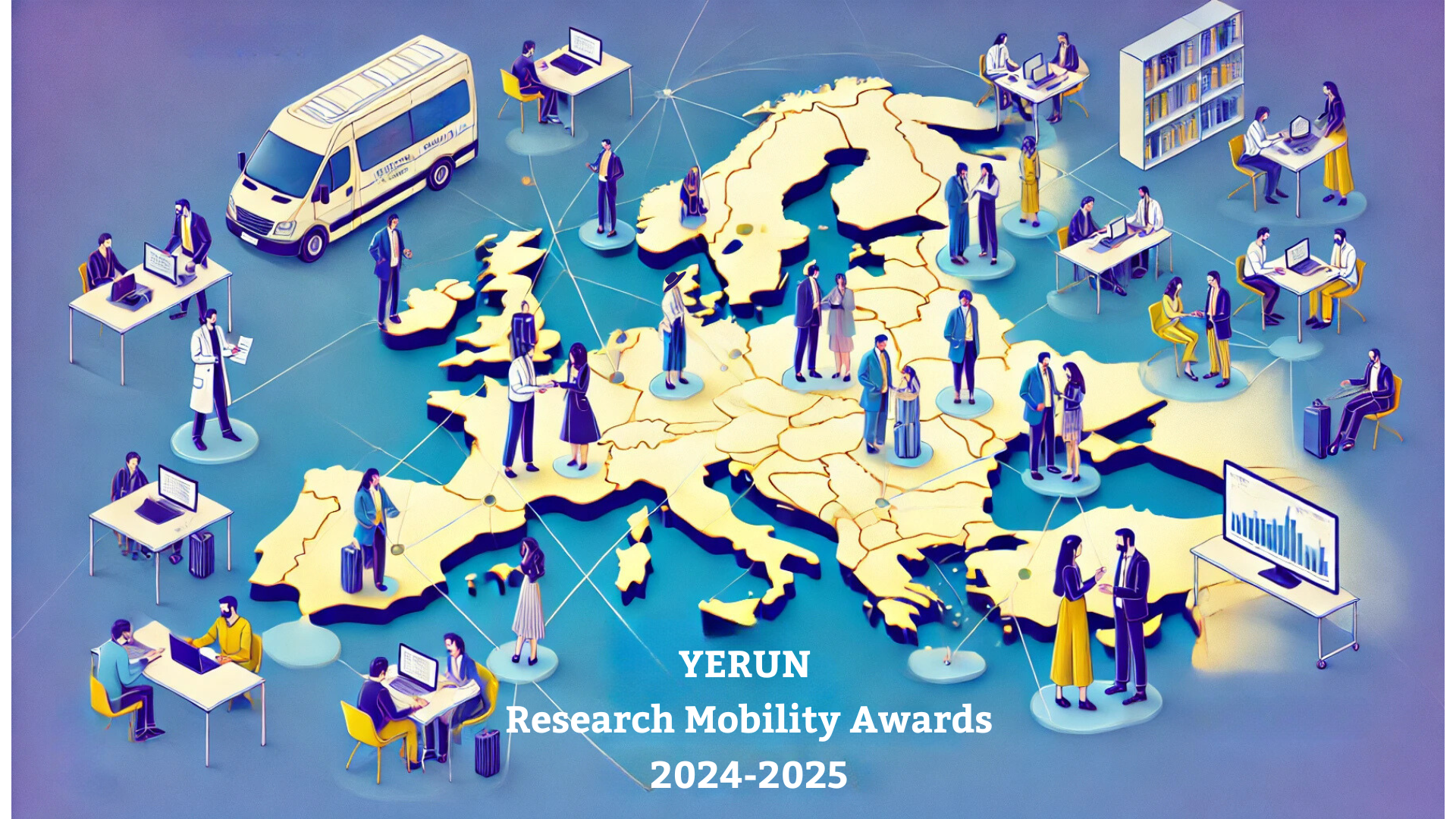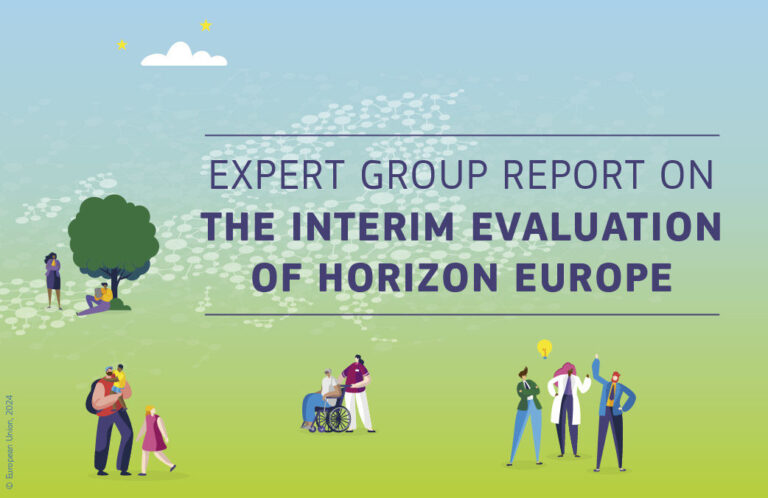Building capacity and sustainability within our research community is an important element of the University of Stirling Research and Innovation Strategy, and key to achieving this is our vibrant postdoctoral research community. The UKRI Future Leader Fellowship (FLF) scheme, a cross research council initiative designed to grow the supply of talented individuals embarking on a substantial interdisciplinary project, provided an opportunity for the University to attract high quality researchers aligned to our research strengths. To date three fellowships, encompassing diverse research areas of climate change, philosophy and aquaculture, have been awarded to fellows to carry out their research projects at Stirling.
Fellowship 1: The Beacon Project: Using Biodiversity and Energy Justice to resolve Conflicts between Sustainable Development Goals https://www.thebeaconproject.net/
United Nations Sustainable Development Goals (SDGs) promote global economic and social prosperity while simultaneously seeking to protect the environment. However, competing objectives of SDGs and stakeholders can require decision makers to make trade-offs, potentially leading to damaging and unequal distribution of costs and benefits for people and the environment. To address this challenge at global to local scales, The Beacon Project will use hydropower development as a model system and employ interdisciplinary thinking and methods to quantify the trade-offs, conflicts and synergies between SDGs and stakeholders. The overarching aim of The Beacon Project is to identify, forecast, prevent and mitigate conflicts associated with development processes and to achieve equitable sustainable development.
Fellowship 2: Agency, Rationality and Epistemic Defeat (ARED) https://ared.stir.ac.uk/
ARED is an interdisciplinary project that aims to bring Philosophy and cognitive science in dialogue by developing experiments aimed at testing reflective abilities of preverbal children, pigs and dogs. ARED will contribute to the definition of a hitherto neglected area of interdisciplinary research on knowledge and cognition where epistemology meets development psychology and ethology, and it may have a range of possible applications beyond academia. The experiments on the cognition of pigs and dogs will deliver information relevant for the assessment of welfare in pig-farming and new techniques in dog-training. Evidence relevant to the question of how close animal rationality is to human rationality is important evidence relevant to ongoing debates about animal rights.
Fellowship 3: Addressing the ability of marine aquaculture to respond to climate change using systems thinking and precision-based frameworks https://www.stir.ac.uk/people/256652
By 2050 it is estimated that the global population will exceed 9 billion resulting in a 100% increase in food demand. Fish play a key role in healthy, nutritious diets and fish production has a smaller environmental footprint than many other animal protein sources. However, climate change is a threat to the sustainable development of aquaculture. The overarching goal of this project is to deliver a rigorous scientific framework for assessing the impact of climate change on marine aquaculture using systems thinking and precision-based information.
.
Photocredit: © Isabel Jones










